
Benedict Rogers drives home the point that, in addition to the economic, social, and geopolitical concerns about China, there are human beings who are suffering as a result of lukewarm activity or, worse, benign acquiescence.
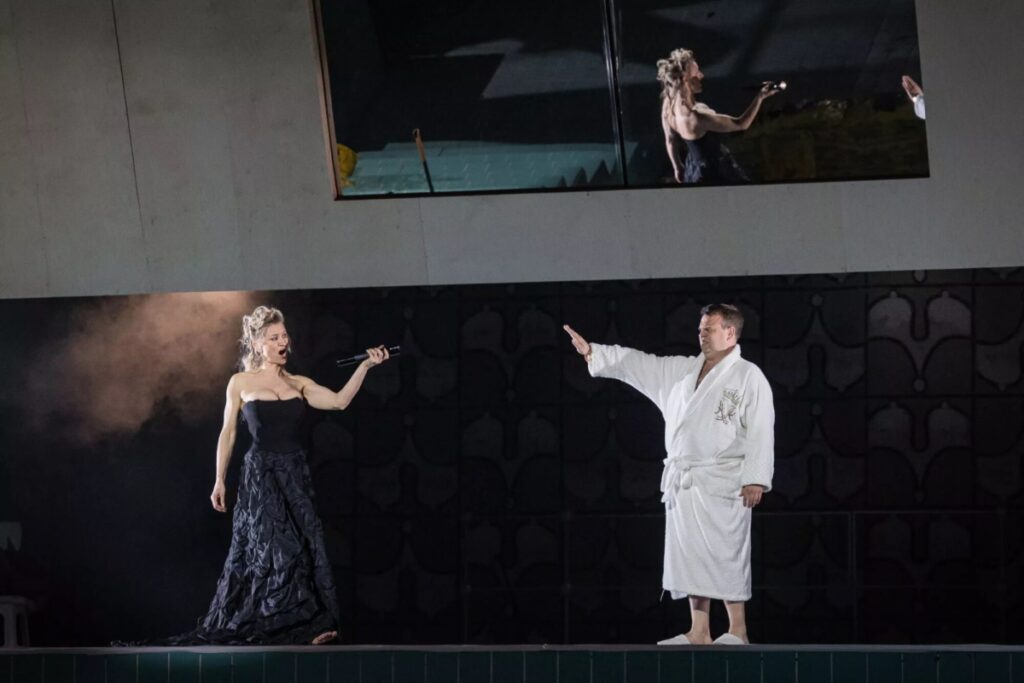
Hungary has produced singers who built international careers, and two of them were on hand to fill leading roles here.
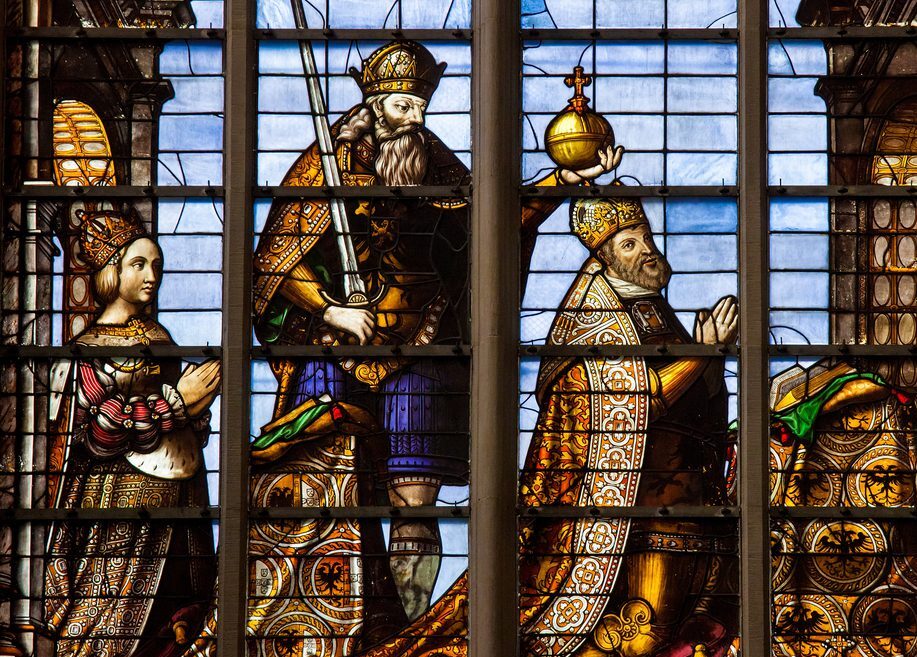
Savvy and erudite writer Eduard Habsburg-Lothringen presents some essential principles of his family that lead to a better life … not just for princes, but for everyone.
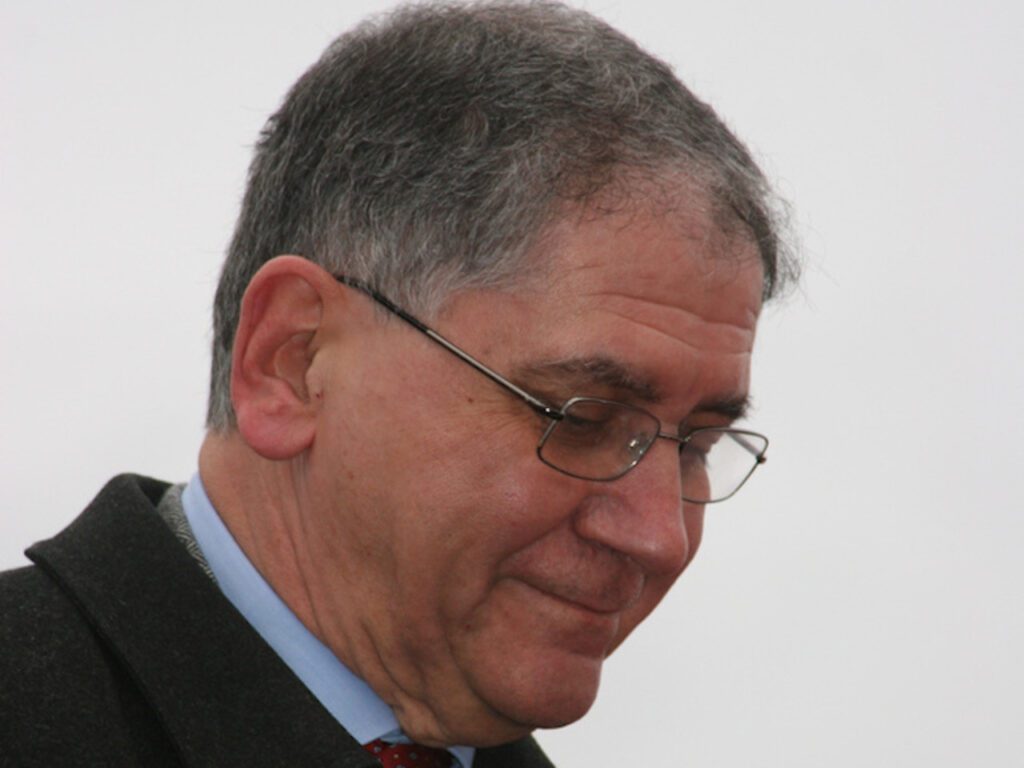
A Europe without a common identity founded on Christian values is built on sand.

The series, which focuses on the adventures of the daring duo of Francis Blake and Phillip J. Mortimer, has a feeling, a style, all its own. Edgar P. Jacobs and his successors craft fully fleshed-out worlds that draw readers in, making us sad to leave at the end of each work.
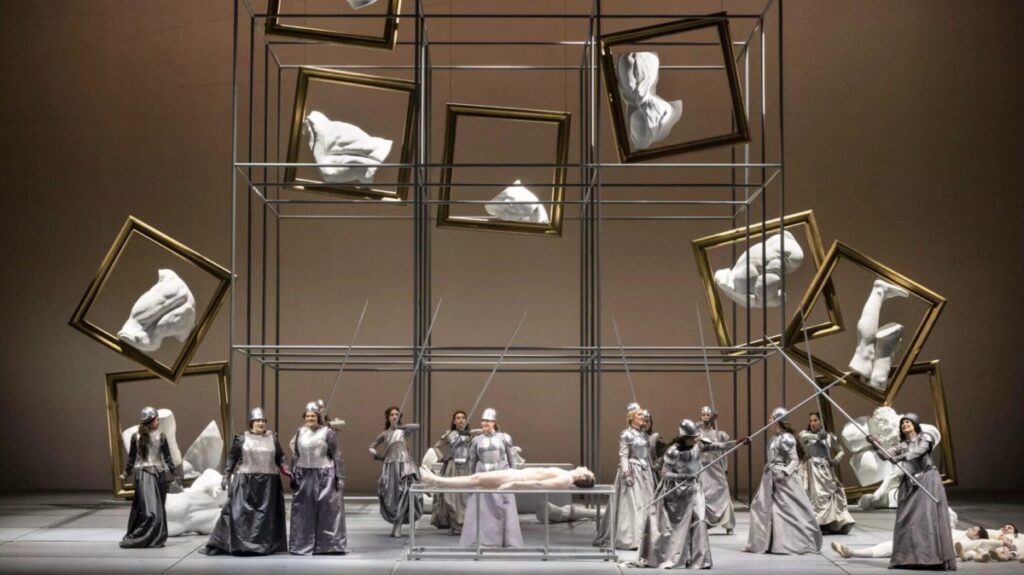
Tiezzi’s production eschews the interpretive fripperies and psychological baggage common in contemporary Wagner productions in favor of appealing abstractions.
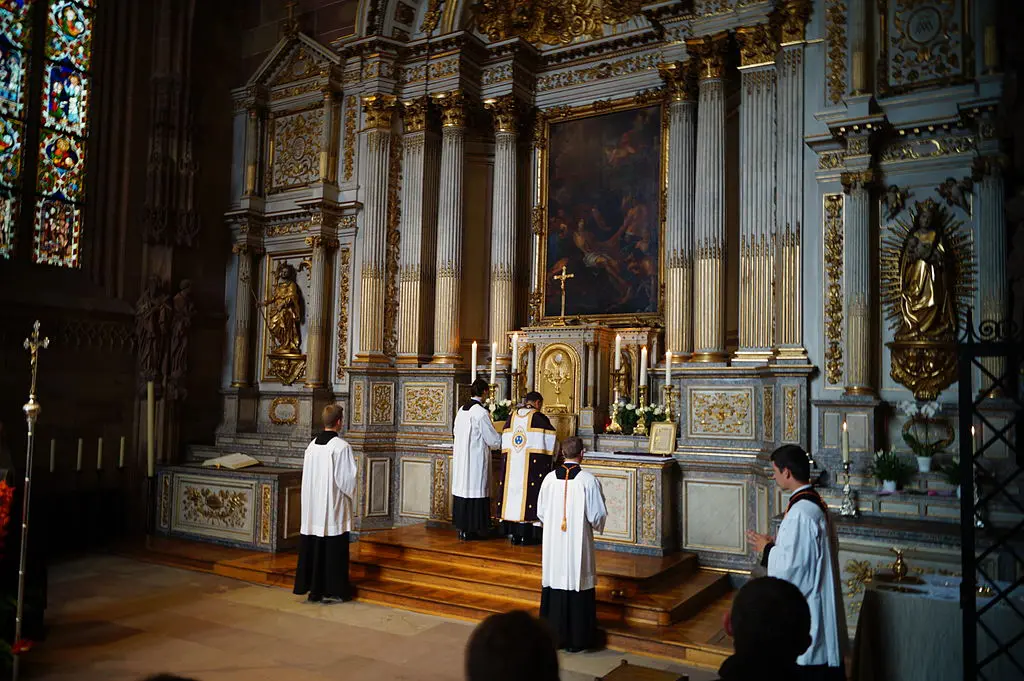
The Once and Future Roman Rite is an historical study and a call to action. The author writes that, “We are privileged to be living at a moment when it is possible for the laity and the lower clergy to be taking the steps needed to recover our glorious inheritance.”
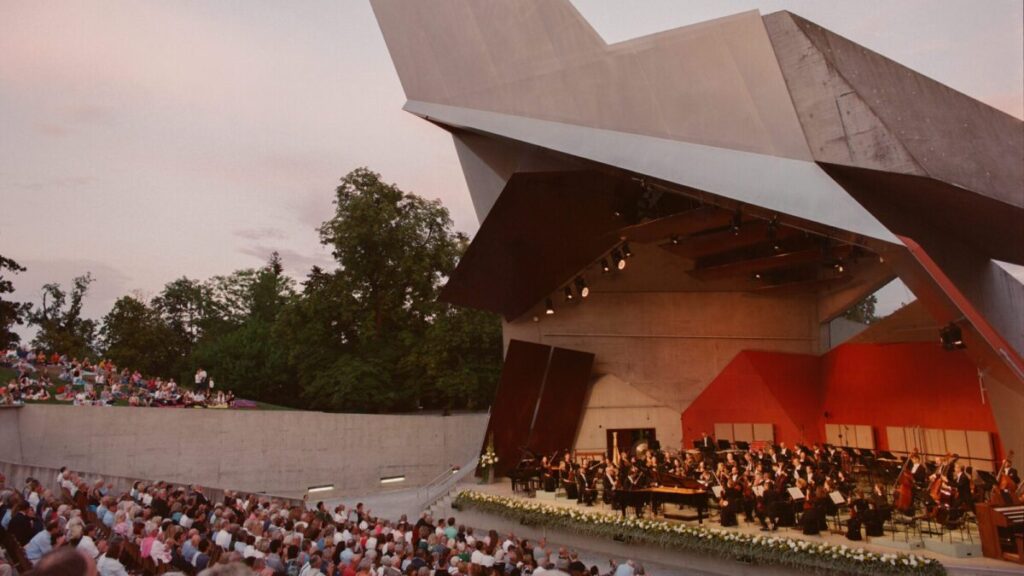
Grafenegg has risen to become one of the finest regional European music festivals. The unique blend of nature, architecture, and music makes one feel as though the great romantics are still at home here.
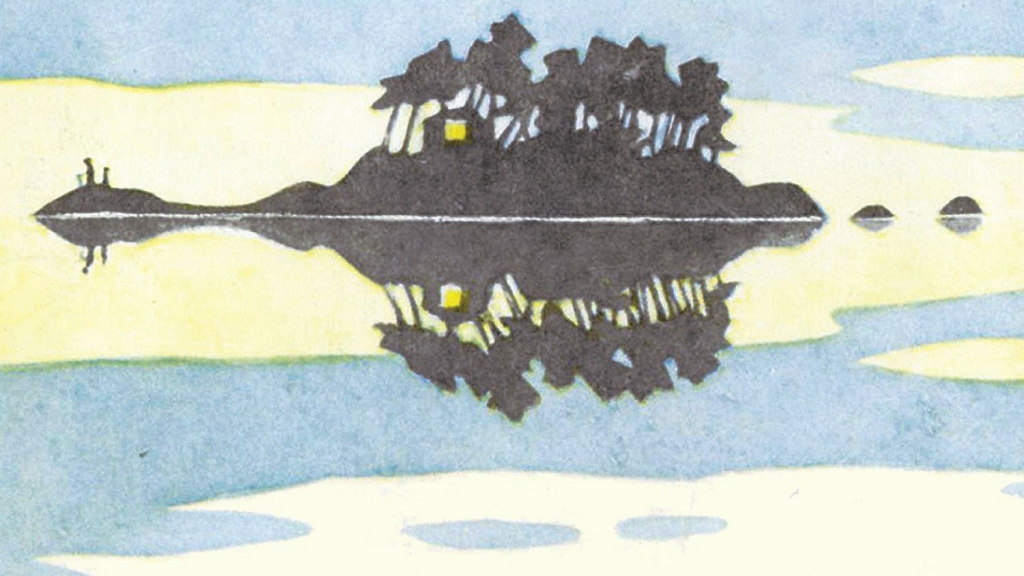
Despite her own failings, Sophia’s grandmother offers us a model of presence and love.
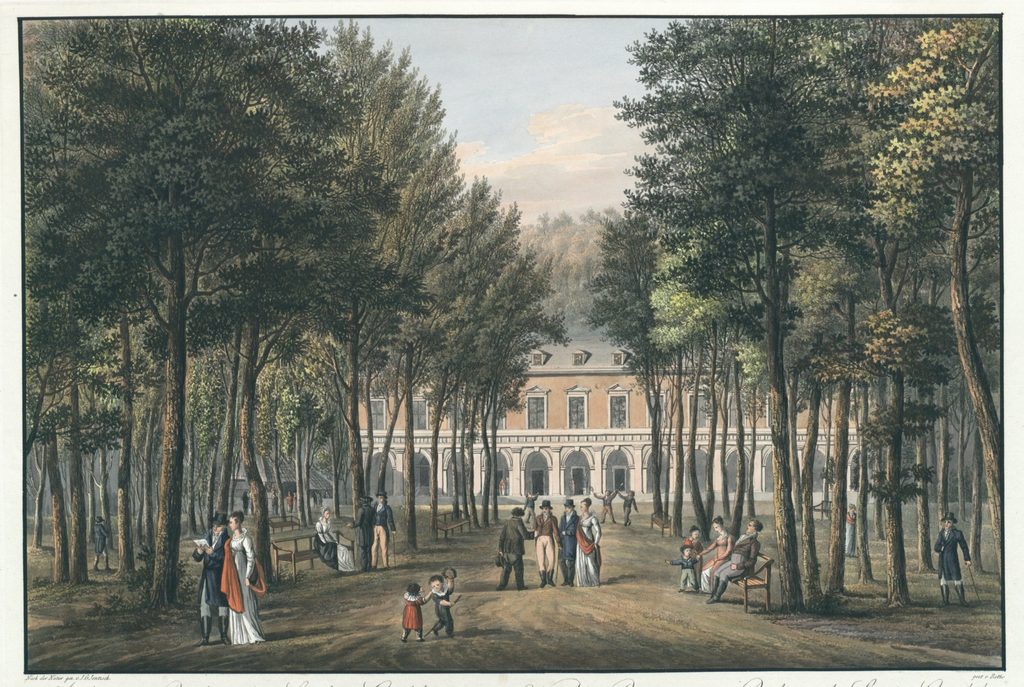
From Habsburg in Vienna to Jefferson at Monticello, this special exhibition focuses on the overriding power of the garden as a pendant in the life of civilized society.

Andrea Chénier‘s high melodrama and appealing theme of feminine self-sacrifice has proved more lasting and appealing than the true story it is based on—but this is how opera thrives.

History is a story that is at once true and false, a story in which truth sometimes requires us to record a falsehood, if only so we do not forget that a falsehood was once told.
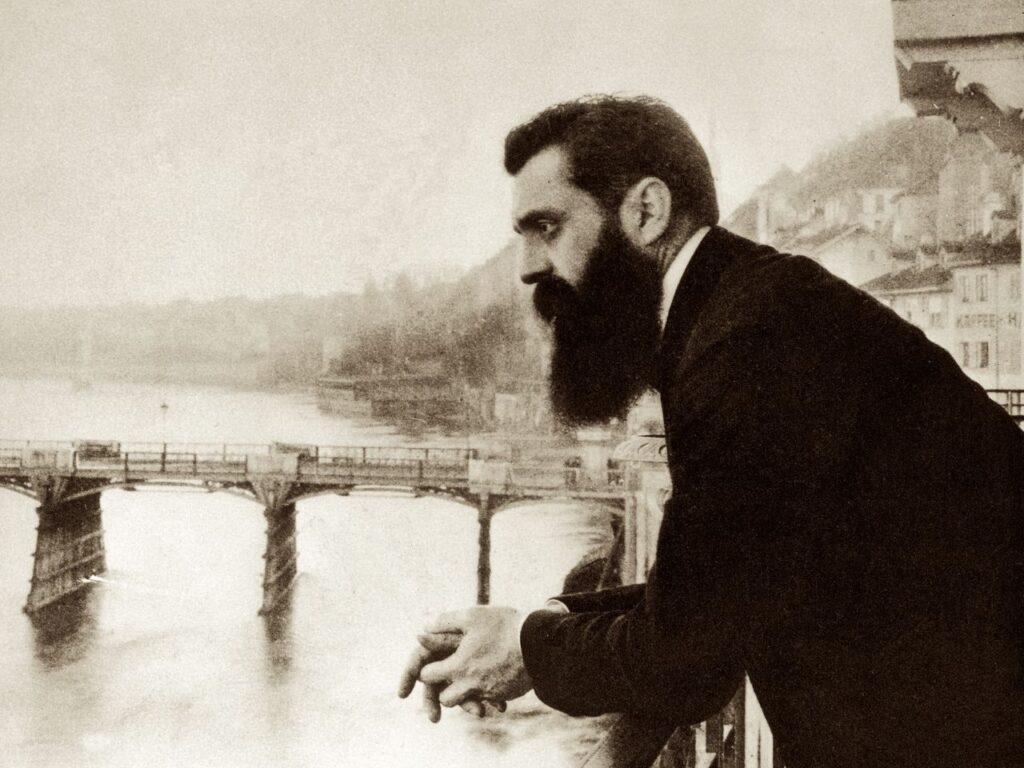
A new book traces the words and deeds of eight leaders who devoted their lives to their fellow Jews.

A segment of Spanish society—the Left’s leaders, if not their voters—has been too quick to paper over the difference between lawful politics and violence.
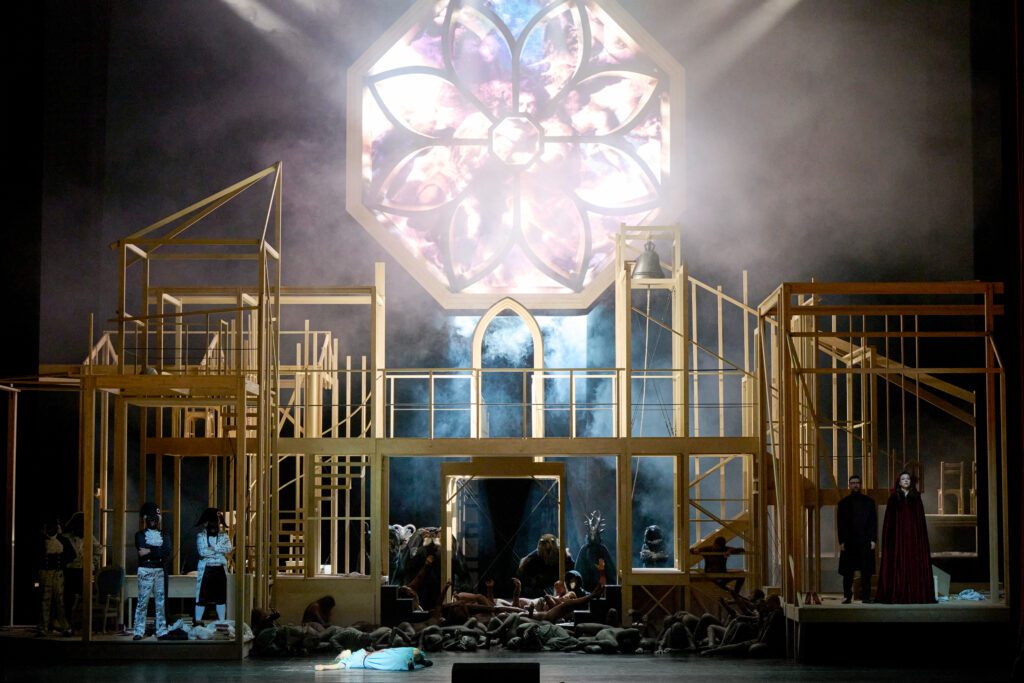
Bernanos and Poulenc dare us to ask why men of differing opinions would condemn their fellow men to death, leading to new waves of chaos and destruction.
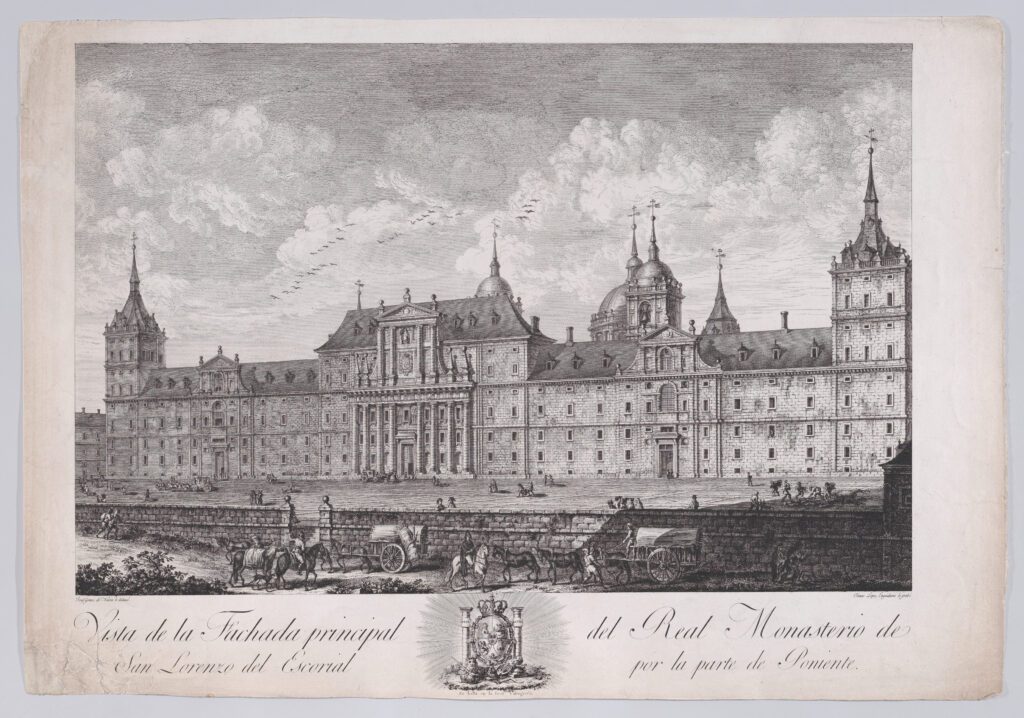
Robbins’ study of the Golden Age might be called a work of skepticism in that it “refuses to create a unitary narrative, a single interpretive vision” of the period, but instead dissects it piecemeal under a microscope.
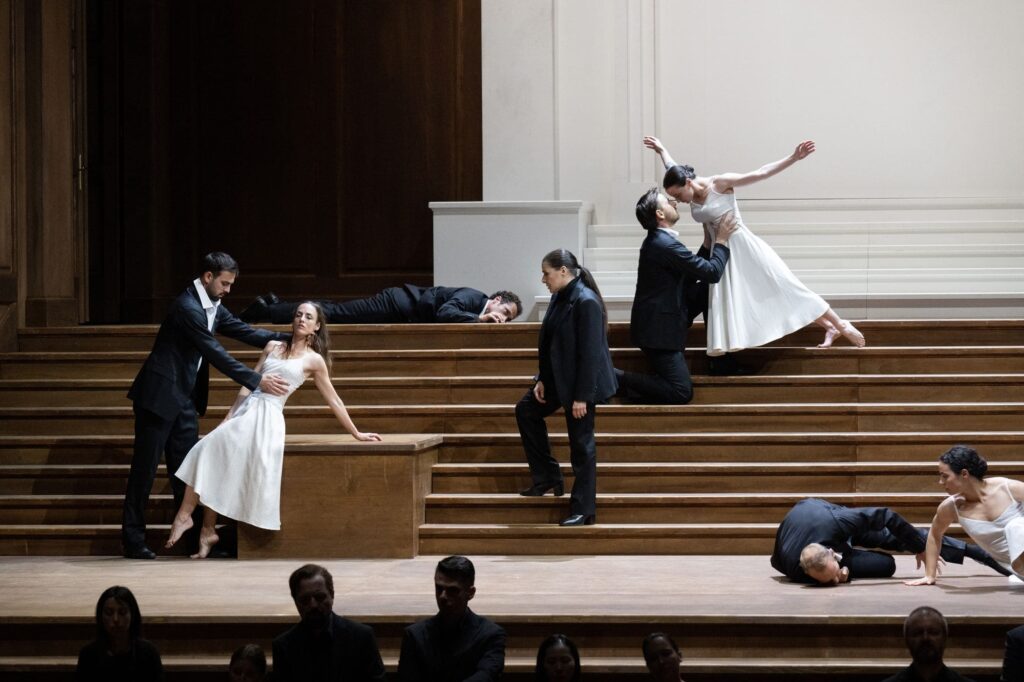
On opening night, Cecilia Bartoli was awarded Austria’s highest operatic honor, the title of Kammersängerin by the Austrian government.
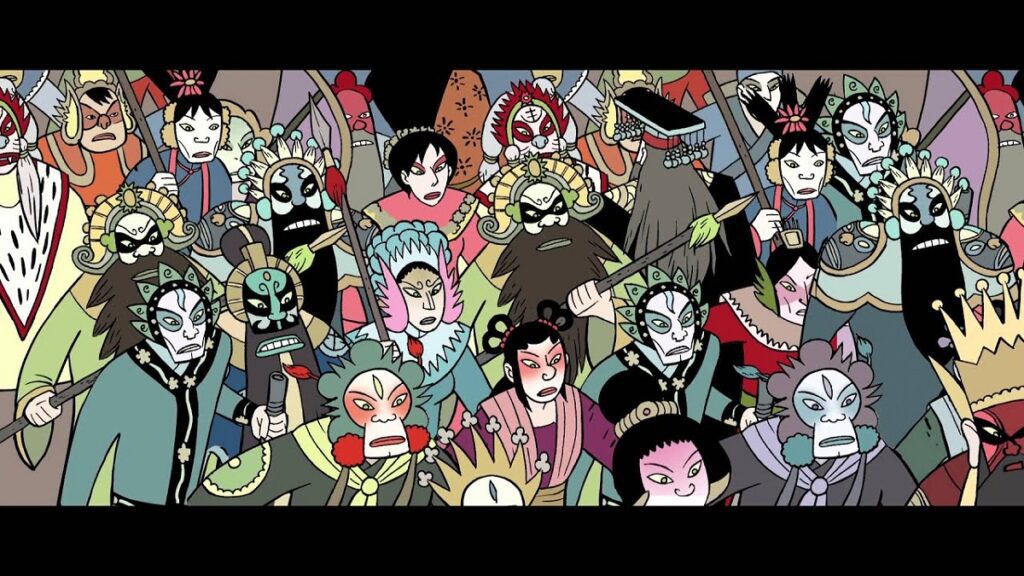
Much discussion of Yang’s work has focused on the ways that he expertly depicts the interplay (and clash) between East and West within the context of deeply human stories. However, far less ink has been spilled over the role that Christianity has in this interplay.
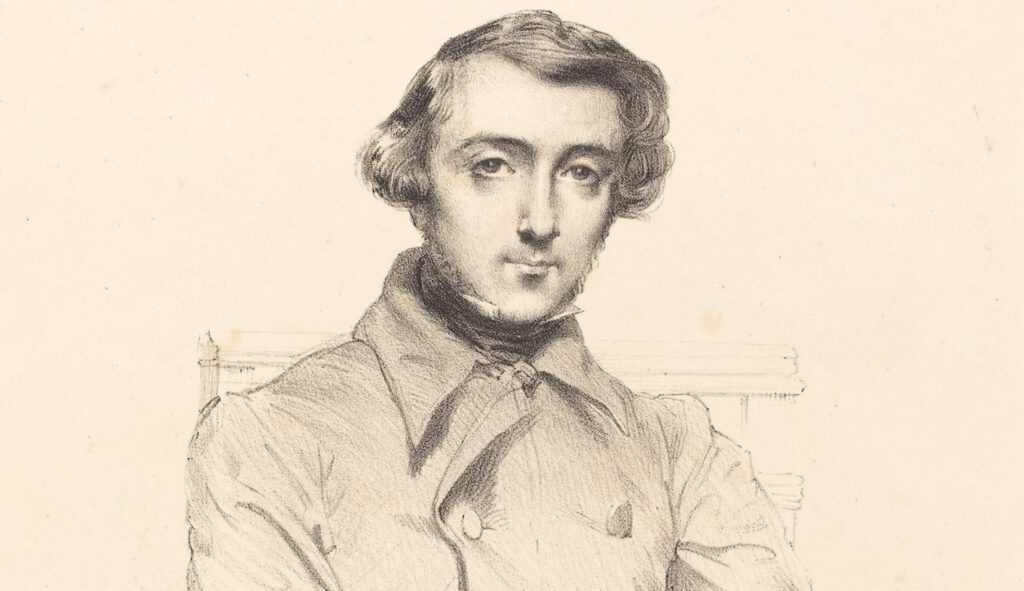
One quibble with Eisenberg’s approach is that, in giving a vivid and political reading of the teachings of these philosophers, he occasionally simplifies them, perhaps out of prosecutorial zeal.

Paathan presents a challenge to any nationalism that supports a bureaucratic and utilitarian approach. Instead, it shows that community and human dignity are compelling reasons to preserve nations against multinational bids for global hegemony.
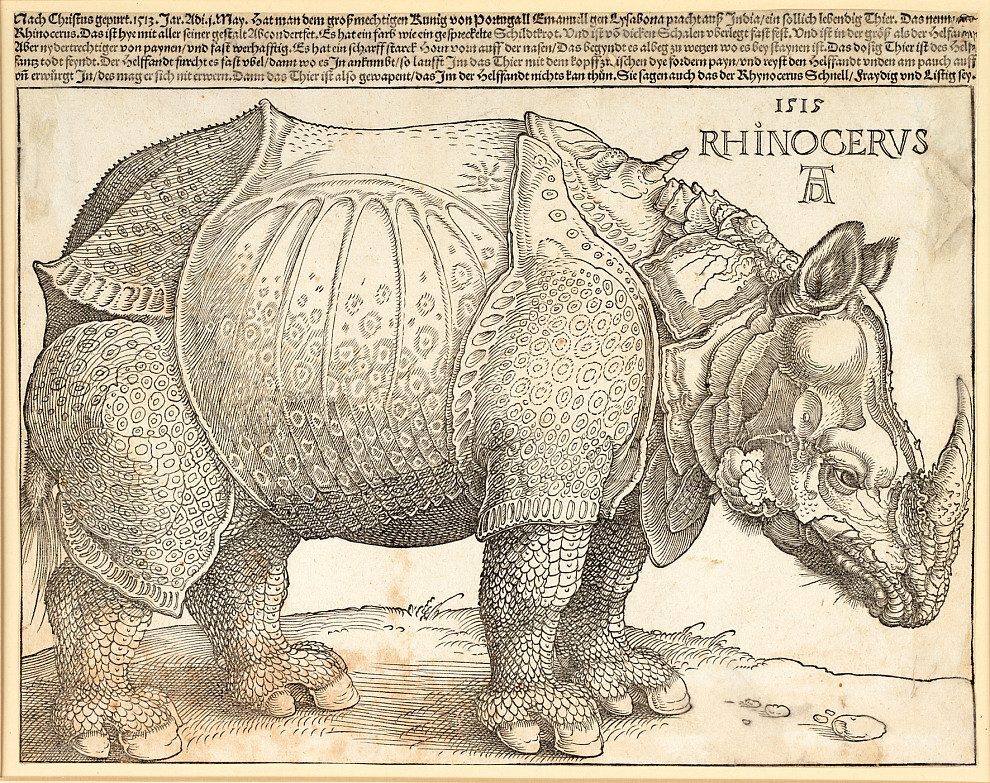
Six centuries of printmaking offered visitors a visual display of the genre in all of its splendor. Christof Metzger, the Albertina’s curator, created an exemplary exhibition.